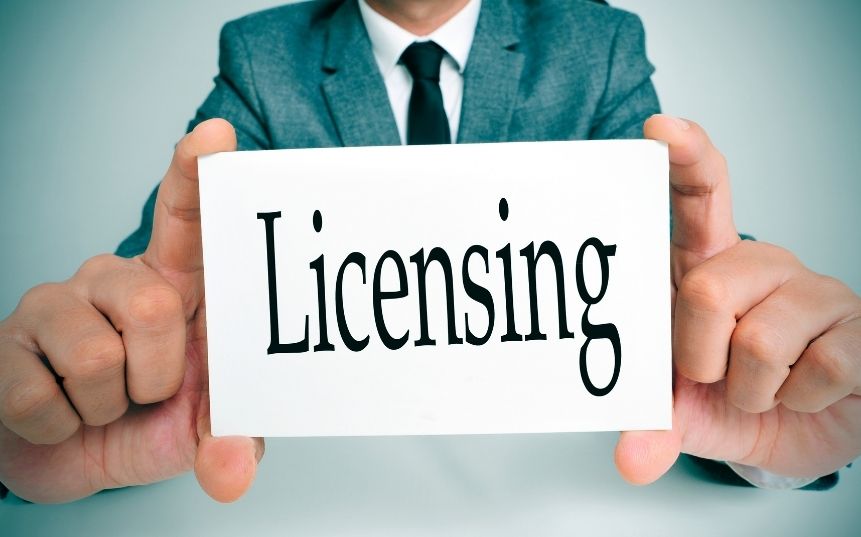Getting a liquor license to start a business serving alcoholic beverages would be best. You will require specific approval depending on the kind of business you plan to start and the kinds of alcoholic drinks you’ll sell or produce. You must know what you will acquire and how much it will cost. There are numerous varieties of claims.
Vermont Department of Liquor Control
Getting a liquor license in Vermont involves filling out an application and paying the required fee. Getting a liquor license dallas tx takes about 45 to 60 days. It may take a few weeks to a few months in Vermont to complete this process. This period may change based on the license or permission you’ve requested and the certification needed by the city and county of the intended location’s local governing bodies. The state ABC board will investigate your application and decide whether you should get a license. If your application is approved, you could have to wait up to six months before you can start the business.
A liquor license in Vermont is a legal requirement for any establishment selling beverage alcohol. The state government regulates the sale and distribution of alcohol and is responsible for training and licensing establishments. You must submit your application to the DLC, the town clerk, and other agencies as required. In addition, you must attend a required seminar and pay any fees required by the state. After receiving your license, you must renew it every year.
Tennessee Alcoholic Beverage Commission (TABC)
To obtain a Tennessee liquor license, you must fulfill a few requirements. First, you must be over the age of 21. This may seem non-issue, but it can expose your business to liability. Second, you must pay sales tax. Tennessee sales tax must be paid if you plan to serve alcohol at your establishment. The state assesses sales tax liability quarterly. Either go to your neighborhood revenue office in person or apply online for a sales tax number. You must comprehend the TABC application procedure and fulfill the legal requirements to obtain a Tennessee liquor license. You can find out about the requirements by visiting the nearest district office. The employees of the Department of Alcoholic Beverage Control will be happy to answer your questions and give you advice. They will explain the laws and regulations that govern the sale of alcoholic beverages in Tennessee. They will also inform you if a transfer of an existing or temporary retail license is required.
New Jersey Department of Liquor Control
Obtaining a liquor license in New Jersey entails a lengthy process. You must know what you’re getting into and what to anticipate during the application process, whether you’re an experienced professional or a first-time applicant. A successful license applicant can expect to undergo a criminal background check, a personal financial background check, and a public hearing before the municipal council. If your application is turned down, you can appeal to the ABC board to have it reviewed.
Any company wishing to sell alcoholic beverages in New Jersey must have a liquor license. To obtain a liquor license, you must meet the minimum requirements set by the state. Along with meeting the legal needs, you must also submit a detailed application packet in triplicate that contains all required paperwork. A former permit must have been revoked within the previous two years, and applicants must be at least 18 years old. Additionally, they are not permitted to own any equity in an alcohol wholesaler in New Jersey.
Minnesota Department of Liquor Control
Obtaining a liquor license from the Minnesota Department of Liquor Control entails several processes. First, the applicant must obtain city approval. Applications for a liquor license require information about the business name, owner, and address, as well as business tax ID numbers. Once the local government has approved the application, it should be submitted to the Minnesota Department of Public Safety Alcohol and Gambling Enforcement. The bureau may conduct a background check or hold a public hearing on the application if necessary. Additionally, the license fee is different for each business type, and it depends on the size of the business.
Applicants should understand that the process of getting a liquor license can take several weeks or several months. However, renewing their support can be easier than the initial application if they have been operating for more than three years and have had no problems. Additionally, continuing their license can save up to $1,000.
